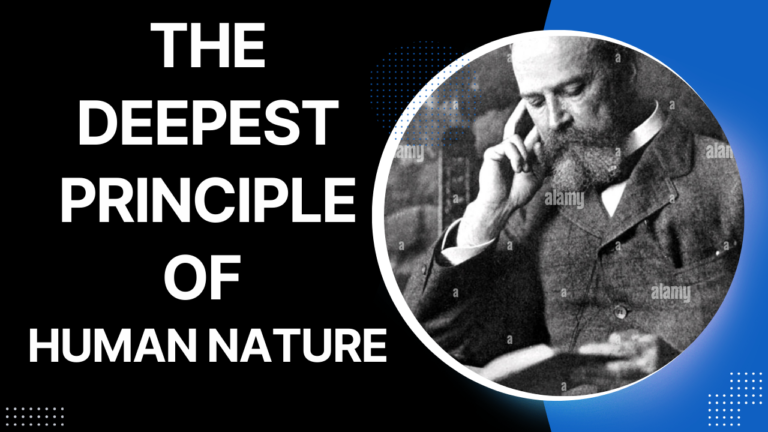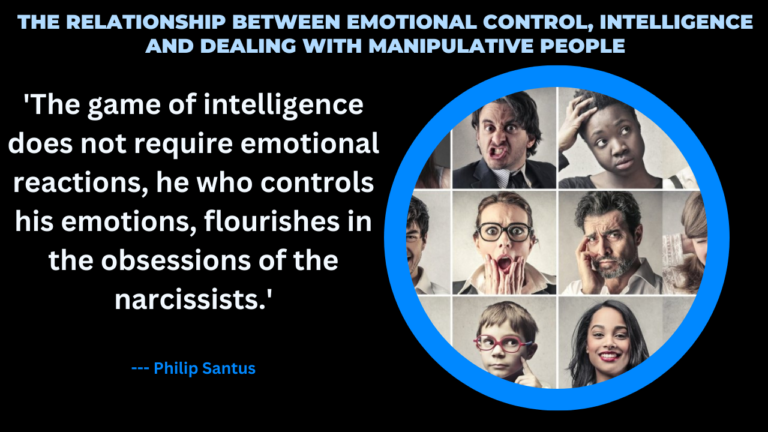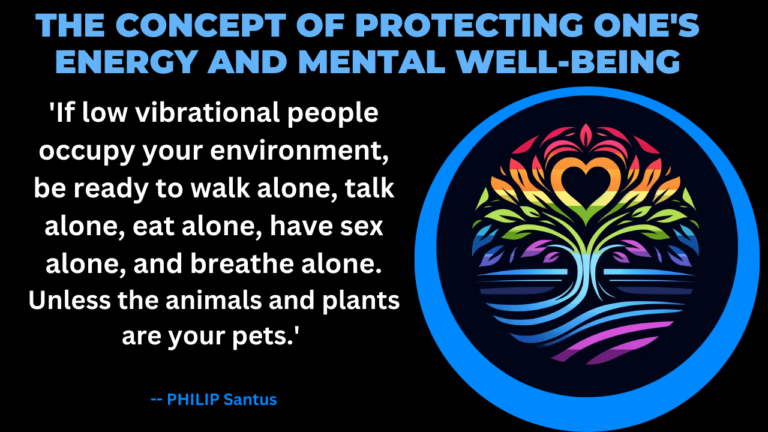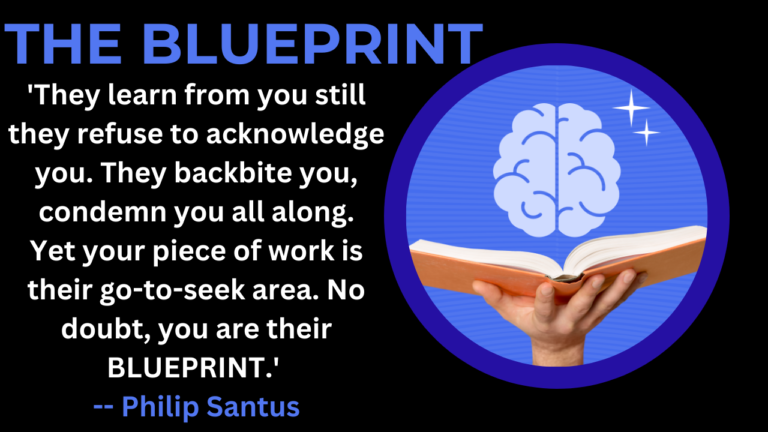CONSEQUENCES OF DISTORTING OR MANIPULATING REALITY:- (My quotes and their meaning)
(MY QUOTE)
‘The man who alters his reality with the dark spirit of convolution.
Should be eager to pay his dues with desolation.’ — Philip Santus
THE MEANING:
My quotation carries a powerful and intense message about the consequences of distorting or manipulating reality with malicious intent. It suggests that engaging in deception or convoluted schemes eventually leads to personal destruction or isolation. Let’s break it down:
1. “The man who alters his reality with the dark spirit of convolution”:
This part of the quote speaks to someone who intentionally distorts or manipulates reality—either their own or the reality of others. “Alters his reality” implies that this individual changes the way things truly are, possibly through lies, deception, or self-delusion.
The phrase “dark spirit of convolution” suggests that this manipulation is not innocent or benign; a corrupt, twisted force drives it. “Convolution” here could mean complexity that’s intentionally designed to confuse or mislead, indicating a deliberate effort to obscure the truth.
The man is not just altering reality out of ignorance or error—an active “dark” intention behind his actions makes his manipulation morally questionable or outright harmful.
2. “Should be eager to pay his dues with desolation”:
This part of the quote suggests that those who manipulate reality in such a way will inevitably face severe consequences. The phrase “pay his dues” implies that there is a karmic or natural cost to such behavior; the man cannot escape the repercussions of his actions.
The use of the word “desolation” signifies the outcome—complete isolation, loneliness, or emptiness. It suggests that the man’s fate will be one of ruin, and emotional or spiritual desolation, perhaps because his deceptions alienate him from others and lead him into a hollow existence.
The use of the word “eager” could be ironic, implying that anyone who engages in this behavior is, knowingly or not, heading toward their downfall. It reflects the inevitability of the outcome—by choosing this path of deceit, the man is choosing the consequences of that behavior, whether he realizes it or not.
Overall Meaning:
My quotation is a stark warning against distorting or manipulating reality for dark or selfish purposes. It implies that engaging in such behavior will ultimately lead to personal destruction, isolation, and suffering.
The man who uses deception, confusion, or lies to alter his perception of the world, or to manipulate others, is setting himself up for a fate of “desolation”—a state of emptiness and despair.
There’s a sense of inevitability here: actions have consequences. Someone who chooses to corrupt reality cannot escape the effects of their own actions. The desolation mentioned at the end could symbolize both the loss of personal integrity and the emotional isolation that comes from living a life built on deception.
Thematic Exploration:
- Moral Integrity and Consequences: The quotation reflects the idea that moral integrity matters, and distorting reality through lies or manipulation will have inevitable consequences. It suggests that individuals who engage in this behavior will ultimately face destruction—either through their own guilt, the unraveling of their deceptions, or being cut off from meaningful relationships and support.
- Karma and Accountability: This idea is rooted in a kind of moral causality, where actions have consequences, and those who engage in morally questionable actions will pay for them in the end. The “desolation” could symbolize both literal isolation (such as the loss of trust and relationships) and emotional or spiritual bankruptcy.
- The Self-Destructive Nature of Deception: The quote touches on how distorting reality for selfish reasons is inherently self-destructive. Even if the man achieves some short-term gain, the long-term effects are disastrous. There’s a suggestion that no one can truly escape the consequences of living a life based on lies or manipulation.
Philosophical and Psychological Insight:
From a psychological perspective, this quote speaks to the cost of dishonesty and self-deception. Altering reality, whether to deceive others or oneself, leads to fragmentation of the self and eventual emotional isolation.
When a person engages in convoluted thinking or behavior that twists reality, they lose connection with both their own authentic self and with others. Over time, this leads to a state of desolation, where the individual feels alienated and empty.
From a philosophical viewpoint, this quote can be connected to ideas of existentialism and moral philosophy. Thinkers like Jean-Paul Sartre have written about the consequences of living in bad faith—where one distorts or avoids the truth of their own existence.
The person who “alters reality” is essentially living in bad faith, and this ultimately leads to a life devoid of meaning or connection.
Conclusion:
My quotation offers a strong moral warning against manipulating or distorting reality for selfish or dark purposes. It highlights the inevitable price of such actions: a life of desolation, marked by isolation and ruin.
The “dark spirit of convolution” represents the harmful force of deception, and “desolation” symbolizes the ultimate emotional and spiritual emptiness that follows from living a life based on falsehood.







